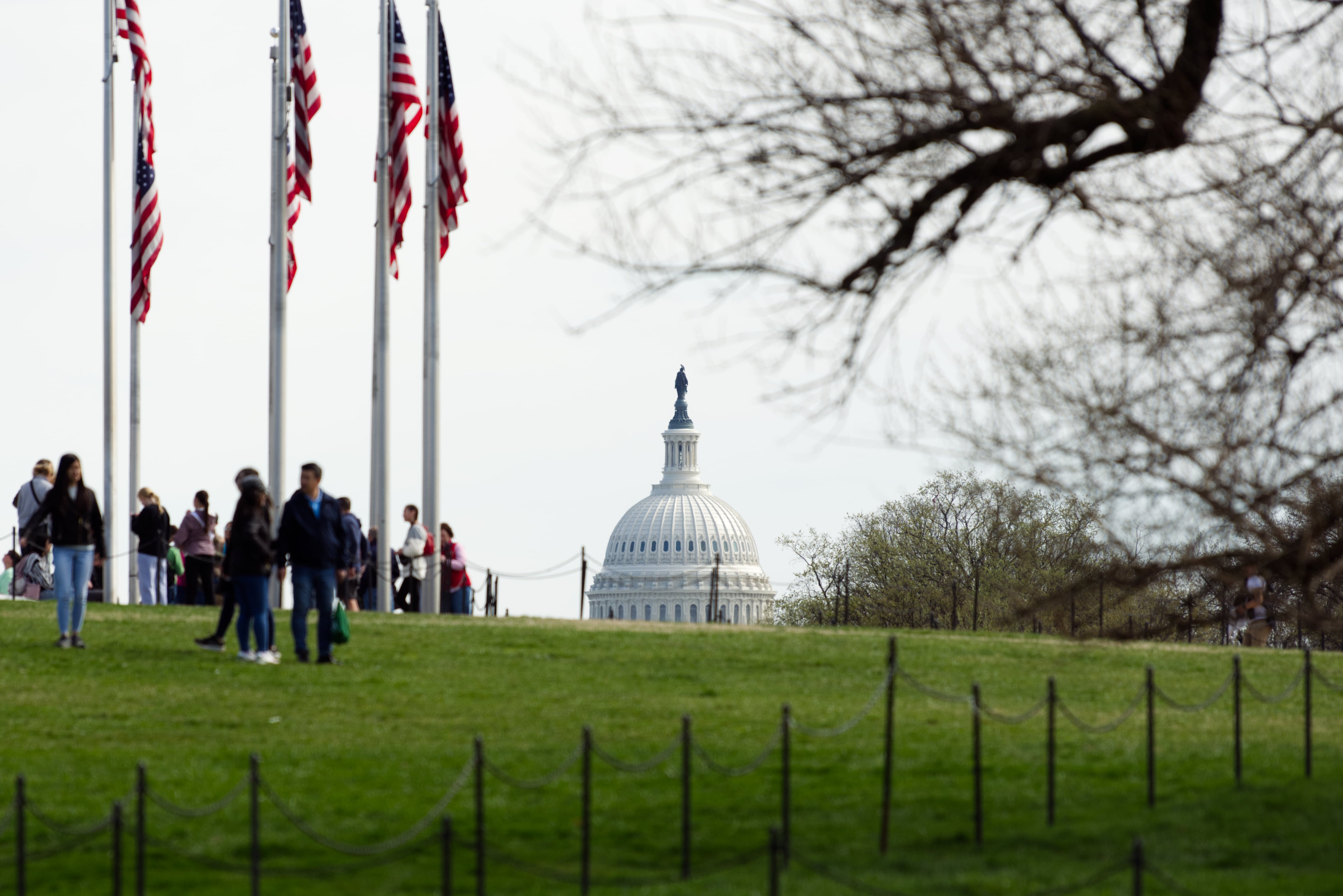Employees, contractors and visitors to the Department of Homeland Security’s St. Elizabeth’s campus will be required to have their temperatures taken, according to a March 25 notice from DHS’ chief procurement officer.
The updated building access guidelines were announced as departments work to slow the spread of COVID-19, the disease caused by the new coronavirus, both across the country and within their workforce.
According to the notice to contractors, DHS CPO Soraya Correa wrote that the screening at St. Elizabeth’s will also be asked questions to determine if the person should be allowed to enter the facilities. Anyone with a temperature over 100.4 degrees will be asked to go home.
Correa wrote that contractors and subcontractors should assume that the government will need to keep these restrictions in place for a “minimum” of 30 days.
“However, these containment strategies will stay in place for as long as needed which could mean several months of screening and restricted access to DHS spaces," Correa wrote. "DHS is instituting these procedures to ensure its critical functions continue while complying with public health mitigation and containment strategies to protect the health of all Americans.”
The restrictions went into place on March 26.
Admission to the property is limited only to people with common access cards, personal identity verification cards or other documents granting access, Correa wrote.
“The health, welfare, and safety of the DHS federal and contractor workforce is paramount during this unprecedented time,” Correa wrote.
If a contractor is denied entry to the property, Correa wrote that the company notify their contracting officer.
“If contract performance is anticipated to be affected due to the COVID-19 situation, please discuss the situation directly with the contracting officer immediately,” Correa added.
Correa added that the restrictions “may be instituted" at other DHS facilities.
On March 26, the United States confirmed that it had the most cases of COVID-19 in the world.
Andrew Eversden covers all things defense technology for C4ISRNET. He previously reported on federal IT and cybersecurity for Federal Times and Fifth Domain, and worked as a congressional reporting fellow for the Texas Tribune. He was also a Washington intern for the Durango Herald. Andrew is a graduate of American University.





